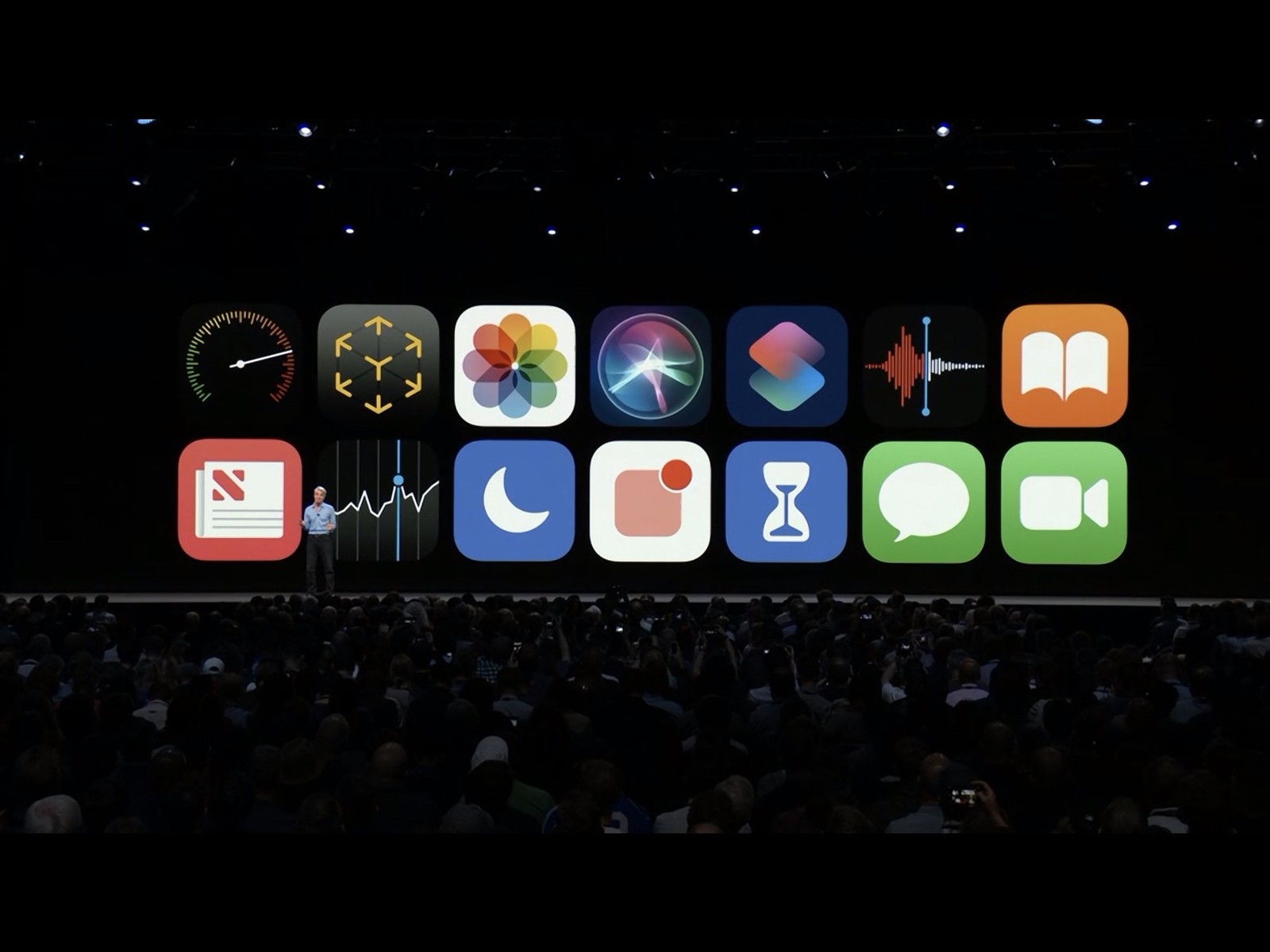


Wwdc videos full#
And it's self-selecting, so the people who have the attention for you, they turn on Twitter and get that stream of thoughts and if they're feeling like they've got too much on their attention plate, then they can turn Twitter off.ĬE: How long have you been working on the Twitter team?ĪP: I started contracting around the first of the year, and I came on around the time that we went to South by Southwest and I actually just moved out here from Washington, DC a couple of months ago to work full time in our offices.ĪP: Yeah, it's great! Lots of geek culture and geek parties.ĬE: Perhaps famously, you guys are one of the biggest Ruby on Rails applications out there. It's good for informal communication that's still worthy of reaching a fairly wide audience. And it lets you express thoughts that maybe aren't worthy of a whole blog post, or a whole e-mail. What's wrong with SMS and IM and e-mail and blogging?" What niche does Twitter fill that those don't?ĪP: The simple thing is that Twitter lets you reach a whole bunch of people at once, which SMS doesn't. And people seem to like it.ĬE: So sometimes when I explain Twitter to people, the most common thing you hear is "I don't get it. So you sign up, collect some friends and you can keep up with those friends. And you can do that via the web, via IM, via SMS, and via a variety of third-party applications built on top of our API. Update: Transcript has been added! Read the transcript after the jump.ĬE: We're here with Alex Payne of Twitter.ĬE: We're just going to talk to Alex about development and Twitter in general and we'll just talk about that.ĬE: So for people who don't know, I'm sure there are some, can you give us a high-level explanation of "What is Twitter?"ĪP: Twitter is a social website where you can explain what you are doing right now in 140 characters or less. Thanks for your patience! (We will also make a post alerting you when all of the transcriptions are done.) This interview will be transcribed and we will mark the post as updated when this occurs. However, this process is tedious (especially on the videos with poor audio). NB #2: We do have someone who is crawling through these interviews and transcribing them.

The future for video (and audio) on Ars will be that much more enjoyable because of this learning experience.
Wwdc videos trial#
So while some of these videos might be pretty bad, just keep in mind that they were a trial run, hastily put together, and on short notice. While we definitely ran into some tough technical challenges and a very short timeline to deal with them, we think we came out of this experience all that much better equipped to conduct these sorts of video interviews at future events. NB: We've been discussing our trials and errors concerning the videos we took during the week of WWDC with my fellow staff and a number of our readers via e-mail. Click the play button above to view the whole interview. In this interview we talk about the nature of Twitter, how the company approaches expanding the API, the future of technology that Twitter runs on, and the Mac-centric nature of their development team (almost all their developers have 30" Cinema Displays consider me jealous).

Since we were planning to interview Craig Hockenberry of the IconFactory (he's up next!), we set up a dual interview in the Twitter offices in the South Park neighborhood of San Francisco. I would be crazy if we didn't take time to talk with a developer from one of the hottest social web applications right now. Ars Technica interviewed Alex Payne, developer at Twitterįirst up, yes, I know that Twitter isn't a "Mac product" so to speak.


 0 kommentar(er)
0 kommentar(er)
